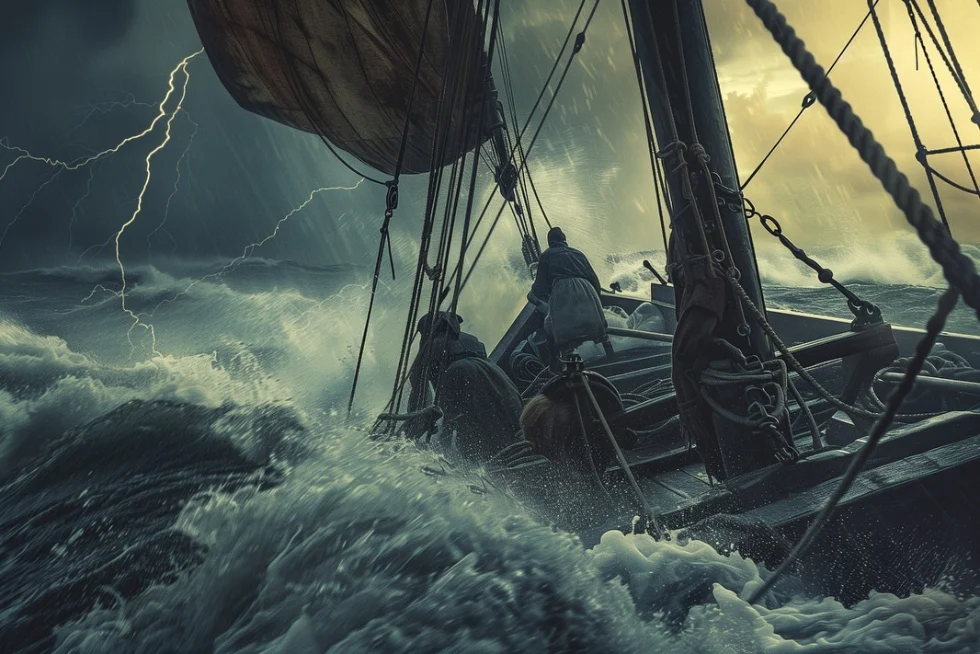- cross-posted to:
- technology@lemmy.world
- cross-posted to:
- technology@lemmy.world
By working with Midjourney, he adds a human touch to historical storytelling
What part of the process is the human part? The bit where he asks the climate-destroying computer for a picture of a city he admittedly knows very little about? Or is the human part all of the art and images that were used to create a plagiarised AND inaccurate image of history?
The guy walks into a historical building, and upon seeing some art, his first response is “I wonder what that art is about, maybe my followers can tell me”. This is the guy who is creating historical images of the city? The guy who only learnt recently that large ships were not historically seen in the harbour? I’ll admit my knowledge of Amsterdam is lacking, but I’m not trying to pass AI slop off as historically accurate representations of the past.
You want to bring history to life? Ask a historian about the history, and pay an artist to accurately represent the truth.
Well said!
I love the idea of using AI as tool for studying the past, because conceivably, you can train it on every piece of art and writing a particular civilization ever produced and it can analyze that information in a more thorough and efficient way than a human. In my head I hope it’s possible to see ancient cities, or dinosaurs, or battles in historically accurate (and safe) VR experiences one day.
The problem is, as we’ve seen, AI tools are trained on garbage and stolen IP and none of the companies producing these tools care to differentiate between junk and good data, so the information these systems produce is always going to require human validation.
What then is the point? Yes, the image may be pretty and look suitably historic, but we can’t really trust a tool trained on shit not to spit out bad information.
as we’ve seen, AI tools are trained on garbage
I would like this to be the takeaway lesson that humans are better at history. However, loads of accepted history is also trained on garbage.





